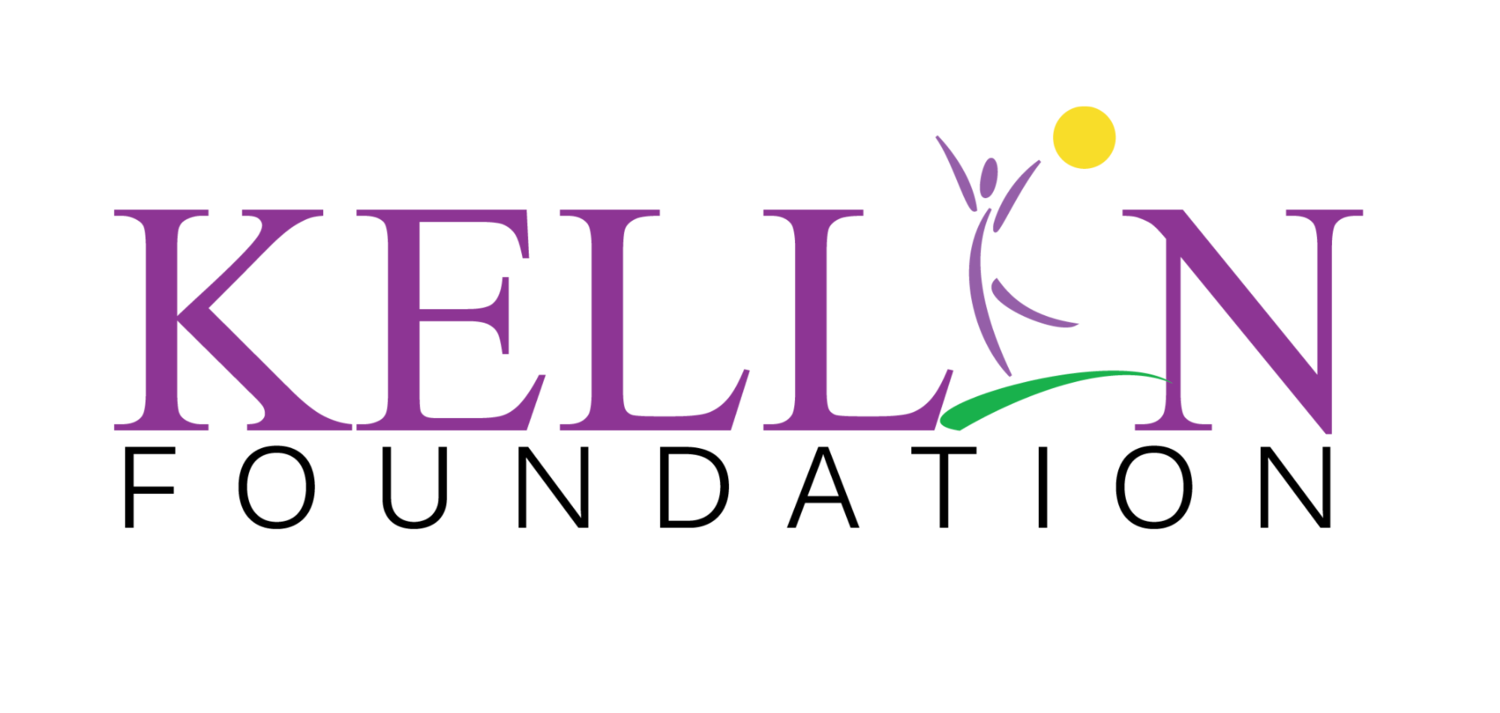Resilience: From the Founding Fathers to Our Everyday Lives
As we celebrate the Fourth of July, it's a fitting time to reflect on the concept of resilience—both in our nation's history and in our personal lives. The journey to American independence was fraught with challenges that required immense strength and perseverance. Similarly, maintaining good mental health today demands a comparable resilience in the face of life's adversities.
The American Revolution vividly illustrates the fortitude of those who fought for independence. Consider George Washington, whose leadership was indispensable during the harrowing winter at Valley Forge. In December 1777, Washington led his weary and beleaguered army to this desolate encampment. The conditions were appalling: soldiers lacked adequate clothing, many were barefoot, and provisions were scarce. In letters to the Continental Congress, Washington described the soldiers’ suffering and pleaded for supplies. Despite these dire circumstances, Washington's steadfast resolve and unyielding spirit were evident. One notable instance of Washington instilling hope was his decision to have Thomas Paine’s pamphlet "The American Crisis" read aloud to the troops. Paine’s words, “These are the times that try men's souls,” resonated deeply, reinvigorating the soldiers’ commitment to the cause. Washington’s ability to inspire his men, even as they endured freezing temperatures and near-starvation, exemplifies the resilience needed to overcome profound adversity.
Abigail Adams, wife of John Adams, provides another compelling example of resilience. Living in an era when women had limited rights and roles, Abigail managed the family farm and raised their children amidst the turmoil of war. Her extensive correspondence with John reveals her intellectual prowess and emotional fortitude. Abigail was not merely a passive observer; she was an active participant in the revolutionary dialogue. In one letter, she famously advised her husband to “remember the ladies” when drafting new laws, warning, “Do not put such unlimited power into the hands of the husbands.” Her letters convey a sense of determined resilience and a profound commitment to the revolutionary cause. Abigail’s ability to maintain the household, provide political counsel, and support her husband’s endeavors reflects a strength that was as crucial to the war effort as the soldiers' battles on the front lines.
Equally significant, though often overlooked, are the contributions of Black individuals to American independence. Crispus Attucks, a sailor and escaped slave who had evaded capture for 20 years, played a pivotal role in the events leading up to the Revolution. On March 5, 1770, Attucks was at the forefront of a confrontation between colonial protests and British soldiers, resulting in the Boston Massacre. Attucks was the first to fall, and his death became a rallying point for those seeking independence. His ability to evade capture and live as a free man for two decades before making the ultimate sacrifice highlights his resilience and courage. Attucks’ story parallels the modern struggle against systemic oppression and the fight for justice, showing how resilience is essential in confronting and overcoming deeply entrenched societal challenges.
Peter Salem, an enslaved man emancipated by his owner so he could join the Black Minutemen, is another figure whose resilience is noteworthy. Salem is most famous for his valor at the Battle of Bunker Hill, where he is credited with firing the shot that killed British Major John Pitcairn. Salem continued to serve throughout the war, participating in key battles such as Saratoga and Stony Point. Despite his significant contributions, Salem died in a poorhouse at age 66, his heroism and humanity never fully acknowledged. His story exemplifies the resilience and courage of Black soldiers who fought for a nation that had yet to recognize their full rights. Salem's journey mirrors the ongoing fight for recognition and equality faced by many today, emphasizing that resilience involves both personal courage and the relentless pursuit of justice and dignity.
The resilience of these individuals and countless others during the Revolutionary era cannot be understated. Drawing parallels between these historical figures and modern-day mental health journeys illuminates the enduring nature of resilience. Just as George Washington faced and overcame immense challenges at Valley Forge, individuals today navigate their own battles for mental well-being. Washington’s leadership in dire times is reminiscent of the inner strength needed to confront personal mental health struggles. His relentless efforts to procure resources and maintain morale can inspire individuals to seek help and build support systems when facing their own difficulties.
Similarly, Abigail Adams’ resilience in managing her family and contributing to the revolutionary cause mirrors the strength required in contemporary life to balance personal responsibilities and mental health. Her ability to persevere and provide support, despite overwhelming challenges, highlights the importance of a robust support network and the courage to endure.
The resilience demonstrated by these figures during the American Revolution serves as a powerful reminder of the strength and perseverance required to overcome challenges. As we celebrate the Fourth of July, let us draw inspiration from their stories and apply these lessons to our own mental health journeys. Just as our founders faced their battles with courage and determination, we too can cultivate resilience and emerge stronger from our personal struggles.
At the Kellin Foundation, we are committed to supporting individuals on their path to mental well-being. Seeking help to foster resilience is an act of strength. This Independence Day, let's celebrate our nation's freedom and also the personal victories of resilience in our lives.

